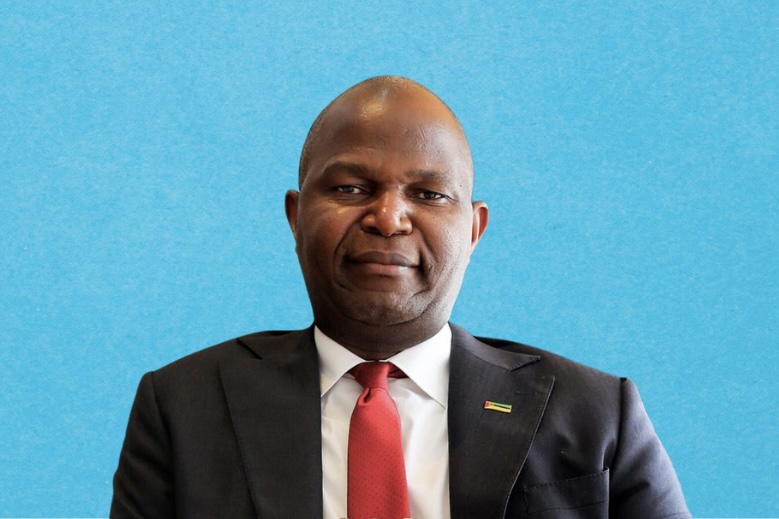KEY POINTS
- Exxon seeks security assurances for gas terminal in Mozambique.
- Darren Woods met President Daniel Chapo over Cabo Delgado insurgency.
- Exxon links final investment decision to stability in the region.
ExxonMobil’s chief executive Darren Woods traveled to Mozambique last week to meet President Daniel Chapo, pressing for guarantees on security before the U.S. oil major decides on a proposed $30 billion gas terminal, according to people familiar with the talks.
Woods raised concerns about the jihadist insurgency in the northern Cabo Delgado province, where Exxon is planning to build Africa’s largest liquefied natural gas facility, the people said. The region has been the center of a violent campaign by militants linked to the Islamic State since 2017, displacing hundreds of thousands of residents and disrupting multi-billion-dollar energy projects.
Exxon seeks security for gas terminal
The Financial Times reported that Woods asked for assurances on stability as Exxon weighs a final investment decision on the terminal. Exxon declined to comment directly, while Mozambique’s presidency did not respond to requests for confirmation.
Chapo, in a written statement to the FT, said the project would transform the nation’s economy and improve living conditions for its citizens. “We strongly believe that the ExxonMobil project, if implemented, will make a huge difference in the economy of Mozambique and, as a consequence, in the life of Mozambicans,” he said.
Security concerns halt energy investment
The push for clarity on security comes after French oil major TotalEnergies suspended work in 2021 on a nearby LNG facility following militant attacks in Palma, a northern logistics hub near its site. The company declared force majeure at the time, halting progress on one of Africa’s most ambitious energy developments.
Exxon has signalled that its decision will hinge on stability in Cabo Delgado. The company has been coordinating with TotalEnergies, Mozambique’s government, and project partners to assess whether the conditions are sufficient to resume investment, according to Reuters.
If approved, the Tiber-Guadalupe project could make Mozambique one of the world’s most important LNG exporters, with production expected to reshape both the local economy and global supply chains.



